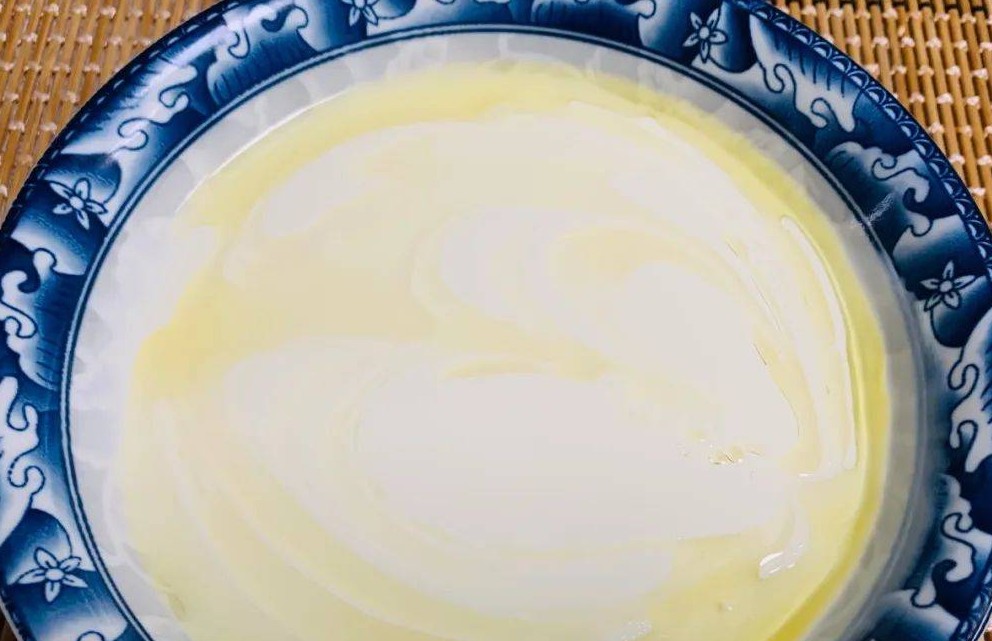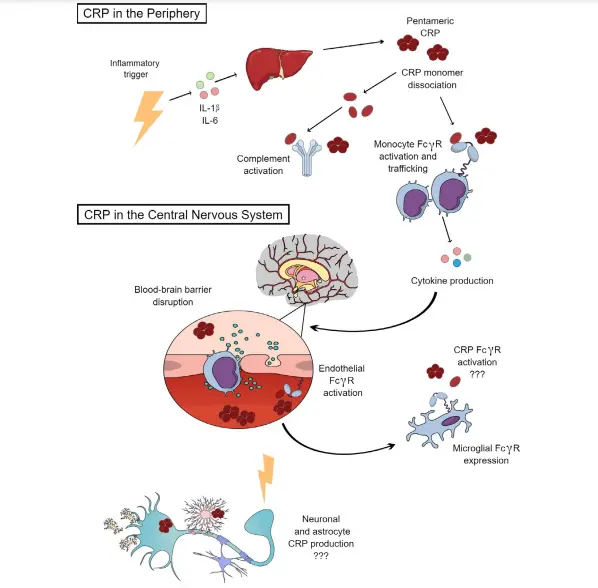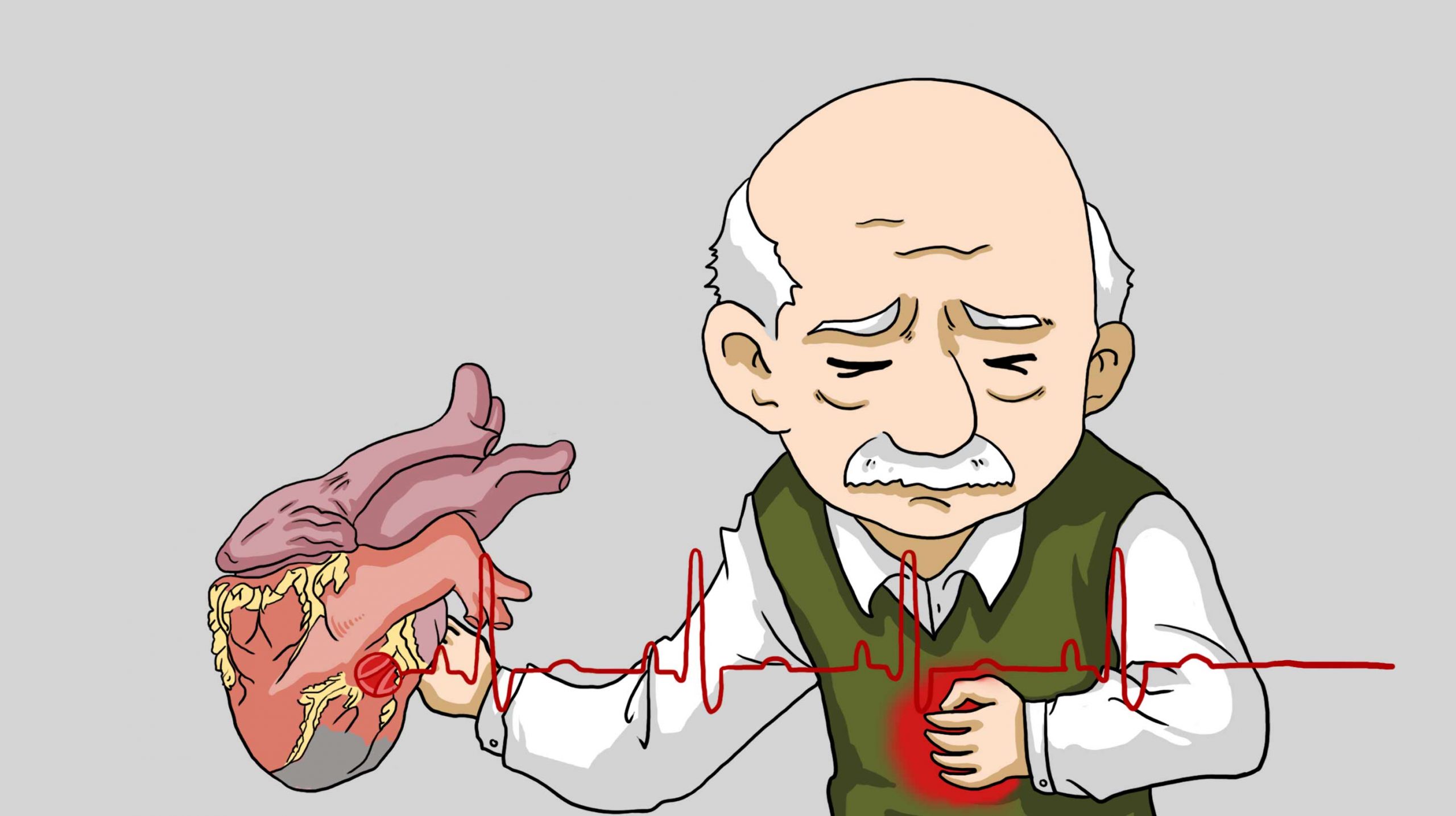Is drinking yoghurt to prevent flu a pipe dream?

Yoghurt is the most popular food for humans and animals alike, not only humans, but kittens and puppies and even tropical fish are in fierce pursuit of NS8 yoghurt. Many people want yoghurt to boost their immunity, and it would be nice if it could prevent respiratory viral infections like influenza A and neocon. More people must think, nice try, how can yoghurt do that! It just tastes good anyway, it’s not a medicine.
In response to this question, Food & Heart has been using a different perspective on the relationship between yoghurt and human health for over 10 years. Firstly there is a need to understand the human physiology and the symbiotic mechanism with microorganisms. Secondly there is a need to reconnect with what yoghurt actually is.
The human respiratory tract can be divided into two main parts: the upper respiratory tract and the lower respiratory tract. The upper respiratory tract consists mainly of the nose, pharynx and larynx and, to be precise, the mouth, although people can also breathe through their mouths, which are generally considered to be the organs of the digestive tract; the lower respiratory tract consists mainly of the trachea, bronchi and lungs.
The respiratory tract is pretty much the most commonly infected system in the body, with many people catching a cold once or twice or even more than 10 times a year. In recent years, with respiratory viruses such as the New Coronavirus and the influenza A virus running rampant, most colds are indistinguishable from other viruses, and even with a strong medical system, the number of deaths from influenza in China is over 80,000 per year, so many people are frightened by this.
Usually upper respiratory tract infections have milder symptoms, while lower respiratory tract infections are slightly more severe. As long as the body’s immune system is able to block the infection process in the upper respiratory tract, the body will recover completely after 1-2 weeks as the virus is cleared by the human immune system, despite the unpleasant symptoms of a stuffy nose and sore throat.
Even if the virus has invaded the lower respiratory tract, the body eventually recovers gradually thanks to the efforts of mucosal, innate and specific immunity. However, the body takes a longer time to repair and recover from the loss of respiratory cells due to viral infection and the damage to respiratory tissues caused by the immune process. If the virus enters the brain through the nasal sieve plate or blood through the broken blood-brain barrier, there is a high risk of encephalitis, which can take much longer to recover from.
In-depth studies of human commensal microbes by life science researchers in recent years have found some correlation between the abundance and location of commensal microbes and respiratory tract infections. Therefore the positive role of probiotics in prevention has been repeatedly highlighted in our new crown prevention guidelines. Especially since the 3 year global epidemic, the role of active probiotic enriched yoghurt has attracted the interest of many researchers in the study of infections and the fight against infections. Below Food & Heart presents 2 recent studies in this area.
I. Active probiotic yoghurt improves influenza A infection and neocoronavirus infection.
In March 2023, a study published in J Dairy Sci conducted both cellular and animal studies to analyse the effects of active probiotic yoghurt on influenza A virus H1N1 and neocoronavirus SARS-COV2 infections.
The cells used in the cell experiments were canine kidney cells/MDCK, commonly used in in vitro experiments with influenza virus, and Vero E6 cells (derived from monkey kidney epithelial cells), commonly used in in vitro experiments with neocoronavirus, and it was found that active yoghurt treatment significantly reduced cellular infections caused by H1N1 and SARS-COV2.
C57BL/6 mice with influenza A infection test.
Mice were divided into 3 groups of 25 mice each, of which 10 were used for the virus attack test and 15 for the immune response test. The mice in the yoghurt group were first fed yoghurt at 225 µl/day/animal for 2 weeks, then were infected with H1N1 via the nasal cavity after 2 weeks, and the yoghurt intervention continued for 2 weeks after infection; the infected group was infected with the virus via the nasal cavity at 2 weeks, and both the non-infected and infected groups were fed the same amount of distilled water during the test. Results.
The live bacterial yoghurt intervention significantly increased the survival rate of the mice. Only half of the mice in the infected group survived by day 9, while only one mouse in the live yoghurt group died within 14 days of infection.
The mice in the live yoghurt group showed significantly less signs of infection than those in the infected group. The trend of weight loss was consistent with the trend of symptoms.
Neutrophils and monocytes were significantly increased in the bronchoalveolar lavage fluid of mice in the infected and live yoghurt groups compared to the non-infected group.
IL-6 and TNF-α were lower and IL-10 was higher in the bronchoalveolar lavage fluid of mice in the live bacterial yoghurt group compared to the infected group.
Histopathological analysis showed that the histopathological scores of mice in the live bacteria yoghurt group were significantly smaller than those in the infected group.
The results suggest that a yoghurt intervention enriched with active probiotics has a significant ameliorative effect on H1N1 virus infection.
New coronavirus infection test in Syrian Golden hamsters.
The 18 hamsters were divided into 2 groups: the infected group and the active probiotic yoghurt group. The live yoghurt group was first fed live yoghurt at 900 µl/day/animal and was nasally infected with the new coronavirus after 3 weeks, after which the live yoghurt intervention was continued for a week; the infected group was also infected at 3 weeks and fed the same amount of distilled water during the trial. Results.
The neo-coronavirus infected group lost significantly more weight after infection, while the yoghurt intervention group had a relatively stable weight.
The yoghurt intervention group had lower viral genes and histopathological indices compared to the newly crowned infected group, and the experimental results showed benefits but did not reach significant levels.
This result suggests that yoghurt supplementation enriched with active probiotics (3 weeks) is beneficial in preventing neoconviruses, although the improvement is limited.
Comment: This animal study suggests that supplementation with active probiotic-rich yoghurt may help prevent influenza A virus infection and reduce lower respiratory tract damage caused by influenza A virus infection. Supplementation with active probiotic-rich yoghurt also had a positive effect on the prevention of lower respiratory tract infections caused by the new coronavirus infection.
As lower respiratory tract infections are generally more painful than upper respiratory tract infections, the surface area of the infection is also larger and the body has to pay a greater price to overcome the virus. Active probiotic yoghurt is beneficial for lower respiratory tract influenza A and neocoronavirus infections, and the improvement in the upper respiratory tract for these viruses may be even more pronounced.
In fact several Japanese yoghurt producers have also done large scale population trials against influenza viruses a few years ago and found that consumption of R-1 and L. lactis yoghurts reduced the chance of viral infection or substantially reduced the chance of severe infection. But none of the manufacturers dared to come out and prompt people to drink more yoghurt during the new pandemic, probably more out of concern for liability. I have been drinking home-made NS8 yoghurt for a long time and have never felt infected since the end of 2022, and have only had two or three colds that I can remember in the 10 years I have been working in research laboratories. Many of my friends have told me that “I have been drinking NS8 yoghurt and my infection is very mild”, “I insisted on drinking NS8 yoghurt after I got sick, and I got well in 2 days”, “I drank NS8 yoghurt after I got sick, and my throat was much better than others around me. It’s faster than others around me”.
So, has anyone analysed the studies of different researchers together and what are the conclusions of the systematic analysis in this regard?
II. Probiotics help combat acute upper respiratory tract infections.
In August 2022, a study in the Cochrane Database Syst Rev did a systematic analysis of studies on probiotics and upper respiratory tract infections up to 10 May 2022, resulting in the screening of 23 randomised controlled trials that met the criteria, involving a total of 6,950 participants, including children, adults and older people.
The study found that.
Children tended to take probiotic supplements with dairy foods, adults mainly in powdered probiotic form, and the elderly often with dairy foods or vitamin capsule types. Probiotics were taken for longer than 3 months in most studies.
Probiotic supplementation has been shown to reduce the incidence of acute upper respiratory tract infections, reduce the duration of acute upper respiratory tract infections, and reduce the use of antibiotics in acute upper respiratory tract infections.
Probiotic supplementation is unlikely to increase adverse effects of infection.
The study concluded that probiotic intervention was superior to no treatment or placebo in preventing acute upper respiratory tract infections.
In 2009, a randomised clinical trial in Pediatrics was more detailed in its analysis of various respiratory symptoms.
This study compared the effects of a 6-month probiotic intervention on flu-like symptoms in children aged 3-5 years and found that.
A single probiotic reduced the incidence of fever by 53% and a combination probiotic reduced the incidence of fever by 72.7% compared to the placebo group.
A single probiotic reduced the incidence of cough by 41.4% and a combination probiotic reduced the incidence of cough by 62.1% compared to the placebo group.
The duration of fever, cough and runny nose was reduced by 32% in the single probiotic and 48% in the combination probiotic compared to the placebo group.
The single probiotic reduced antibiotic use by 68.4% and the combination probiotic reduced antibiotic use by 84.2% compared to the placebo group.
Compared to the placebo group, the single probiotic reduced the number of days the subjects were absent from work by 31.8% and the combination probiotic reduced the number of days the subjects were absent from work by 27.7%.
Comment: These studies show that probiotic interventions are effective in preventing and improving acute upper respiratory tract infections. Consuming yoghurt rich in active lactic acid bacteria is one of the good options for probiotic supplementation.
In conclusion: Prevention of influenza by drinking yoghurt with high levels of active lactic acid bacteria is not a pipe dream, but is well documented.
Animal studies and human trials have shown that probiotic supplementation or yoghurt with high levels of active probiotics can help to reduce the incidence of acute respiratory infections, shorten their onset and reduce the symptoms of infection. It can even have a beneficial effect on infections caused by influenza A virus and neocoronavirus infections.
From an immune perspective, probiotic supplementation can inhibit the growth of pathogenic bacteria in the airways and intestines, reducing the likelihood of secondary bacterial infections in viral infections. Good flora will also enhance the body’s airway mucosal immunity and intestinal mucosal immunity, strengthening the body’s ability to fight viruses, allowing the immune system to respond quickly to viruses without overreacting and reducing the risk of cytokine storms.
It is important to note that probiotic supplementation or yoghurt enriched with active probiotics to prevent colds needs to be adhered to, and long-term supplementation is needed to better improve flora, boost immunity and enhance resistance to viruses and infections. Probiotics do not have the same immediate effect as medication, and short term or occasional consumption will not have the desired effect.
Finally, what is the real role of yoghurt in the fight against viruses: it should be yoghurt that is home-fermented, rich in active probiotics, and not sweetened with any type of sweetener and not kept at natural room temperature for long periods of time, excluding any yoghurt containing additives such as sugar, flavours and thickeners. If you drink yoghurt from the shop every day, it should only be taken as a normal treat and you should not expect to gain in the fight against respiratory infections.



